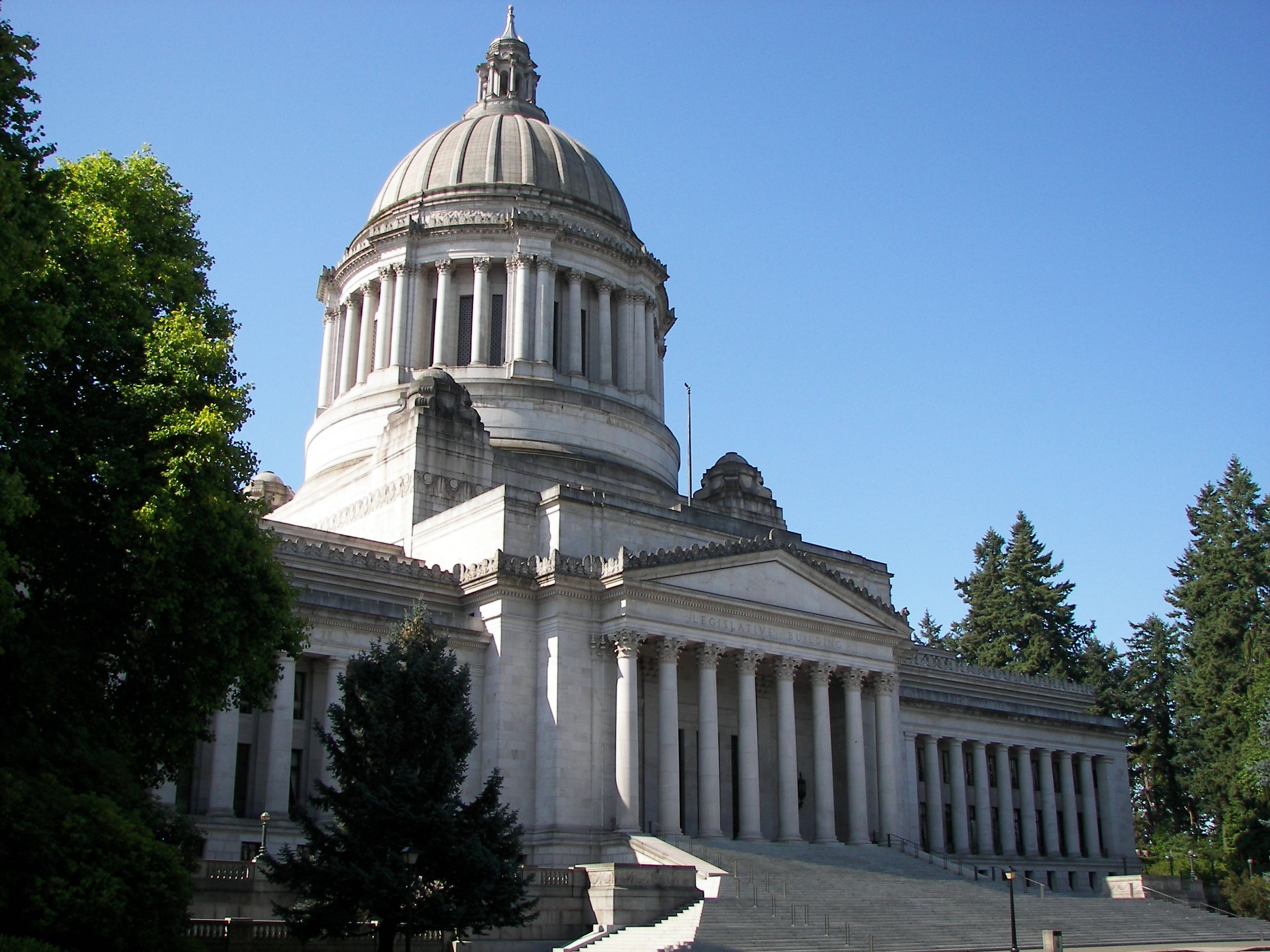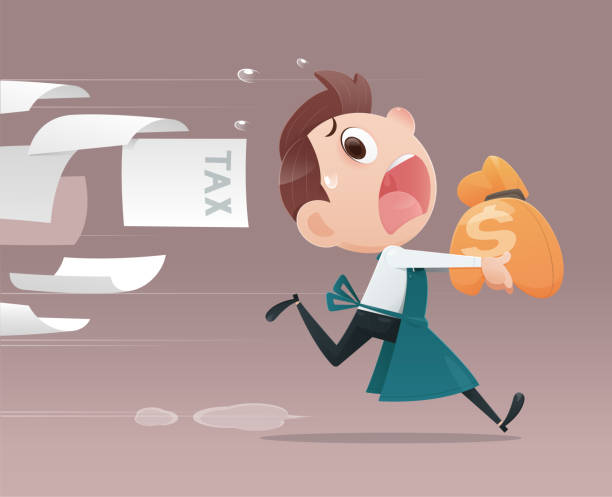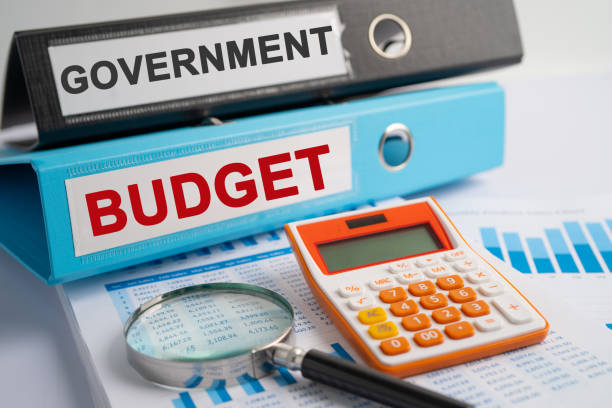Wasting no time, on the first day of the 2020 session, several lawmakers filed a brief with the state Supreme Court asking justices to reverse nearly a century of caselaw and allow a graduated income tax to be imposed. The brief was filed by Senators Lisa Wellman, Sam Hunt, Marko Liias, Liz Lovelett, Joe Nguyen, Rebecca Saldaña and Bob Hasegawa and State Representatives Eileen Cody, Beth Doglio, Laurie Dolan, Joe Fitzgibbon, Noel Frame, Mia Gregerson, Nicole Macri and Gerry Pollet.
According to the brief:
“This Court should accept review to determine the constitutionality of the graduated income tax passed by the City of Seattle and to find that the legal underpinnings that supported the Supreme Court precedent in the 1930’s no longer exist.”
The state Supreme Court is being asked to take an appeal from the City of Seattle over its illegal local income tax.
It is my hope the state Supreme Court will have the same response to these lawmakers as their predecessors did when issuing this timeless one-page ruling in 1960:
"The argument is again pressed upon us that these cases were wrongly decided. The court is unwilling, however, to recede from the position announced in its repeated decisions.
Among other things, the attorney general urges that the result should now be different because the state is confronted with a financial crisis. If so, the constitution may be amended by vote of the people. Such a constitutional amendment was rejected by popular vote in 1934."
In fact, Washington voters have rejected six proposed constitutional amendments to allow a graduated income tax.
Based on the recent election results in Spokane and a new statewide poll, voter opposition to an income tax remains strong.
In response to the question, “In your opinion, should local governments be allowed to impose an income tax?” 72 percent of Washington voters said “no.” Opposition to local income taxes was reflected by large majorities of Republicans, Democrats and Independents. Even in Seattle, voters opposed a local income tax, though sentiment was split 43 percent yes, 49 percent no.
The poll findings echo the results of Spokane’s Proposition 2, which offered the city’s voters a chance to prohibit the city government from imposing a local income tax. The income tax ban passed with more than 72 percent of the vote. The city council of neighboring Spokane Valley unanimously passed a local income tax ban a few week later, followed in December in Granger by the Granger City Council.
As the state Supreme Court correctly pointed out in 1960, efforts to impose an income tax should follow the normal process of amending the constitution, not asking judges to do what voters won’t.






